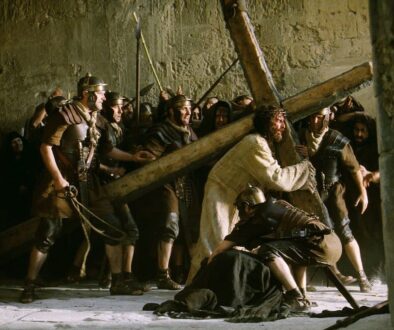The Cremator (An American’s Guide to Czech Movies)

CW: the Holocaust
Long before he became a director, Juraj Herz turned ten years old in a concentration camp. The Slovak Jew and his immediate family were among the not-even-3,500 survivors of Ravensbrück. Roughly 60 of Herz’s extended family members never left Hitler’s camps alive.
Herz had just turned four when Germany annexed Sudetenland, Czechoslovakia’s borders, essentially absorbing Czechoslovak industries and military strongholds. When the Nazis marched through the rest of Czechoslovakia, they faced little armed resistance. Certainly the Nazis experienced little pushback from the British at the time, whose Prime Minister gifted Czechoslovakia with a cordial grin.
Nazi infiltration of Czechoslovakia began long before the Wehrmacht marched into Prague. Goebbels had propagandists at work in Prague. Pockets of Nazis surfaced on the streets and in politics. The unstable landlocked Central European country had few means to stem the rise of fascism.
If his movies are any indication, Juraj Herz never forgot the passivity of his countrymen in the face of the coming genocide. His masterpiece The Cremator, an extremely bleak period horror film, follows its titular character as he descends from a Tibetan Buddhism-obsessed husband and father of Jewish people into a serial killer who succumbs to Nazi ideology and kills his family in their name. It’s one of the most fucked things ever filmed, in a way only a Holocaust survivor could truly capture.
The Cremator’s closest American analogue is The Shining. It has a similar sense of quotidian dread to Kubrick’s movie, finding the evils inherent in domestic life. Fascism in both movies stem from the banal evils of the domestic. Jack Torrance and Karel Kopfrkingl both lead ostensibly normal lives — they’re middle-class family men who don’t behave in a way that’s abnormal enough to be noticeable outside their homes. The way they operate behind closed doors is another matter — they’re preening abusive narcissists who can’t have a simple conversation without at least subtly terrorizing their wives and children. Karel is perhaps worse than Jack — he’s closer to Grady, the Overlook Hotel’s original caretaker, who succeeds in killing his family.
And Karel’s everyday life leads directly to his fascism. Karel has the same repetitive justifications for his behavior as every abusive fascist. In his case, he pervasively touts Tibetan Buddhism in claiming his goal is to bring an end to suffering, that cremating people is a way of liberating them. In his mind, this makes sense, even as it’s an obvious lie. When the Nazis come along, they fit perfectly into Karel’s narcissistic worldview. His crematorium is his life — to Karel, the Holocaust is a vastly more efficient way of doing what he already does.
And like all fascists, Karel is selective about who the criteria of his Nazi beliefs apply to. In polite Czech society, he humbly claims to merely have a drop of German blood (a common feature of Czechs, many of whom were ethnically German). When that German blood is useful for him in the face of the Nazi invasion, which is slowly inching forward over the course of the movie, he highlights it more and more. The fact his wife and children are Jewish is simply a regrettable fact that fits into his plans. He doesn’t even view his anti-fascist family and colleagues as evil — he simply views them as “good people” who’ve become “infected.” He can find another family — but not another worldview.
Karel is something of a high priest of the Nazis. His crematorium is a literal temple. He hallucinates visions of himself as a Tibetan monk. His craft amounts to a liturgy, a demonic prayer to the spirit of Fascism marching into Prague. Karel curates his image, a fact horrifically demonstrated by the movie. The Cremator’s visual language is largely constructed from Karel’s perspective — its use of montage and craning shots reflect the worldview of a man for whom reality is nothing more than a macabre, gruesome display of his accomplishments.
Juraj Herz may have been a Slovak, but his place in the Prague film scene makes him a vital part of the Czech 1960s. As a Jewish survivor of the Holocaust, he had a perspective on the quotidian horrors of Nazism that his peers couldn’t match. The polite rise of Nazism in vilely ambitious petit bourgeois society can be summed up by a line from The Cremator: “I hope we too will belong to the chosen people.”

